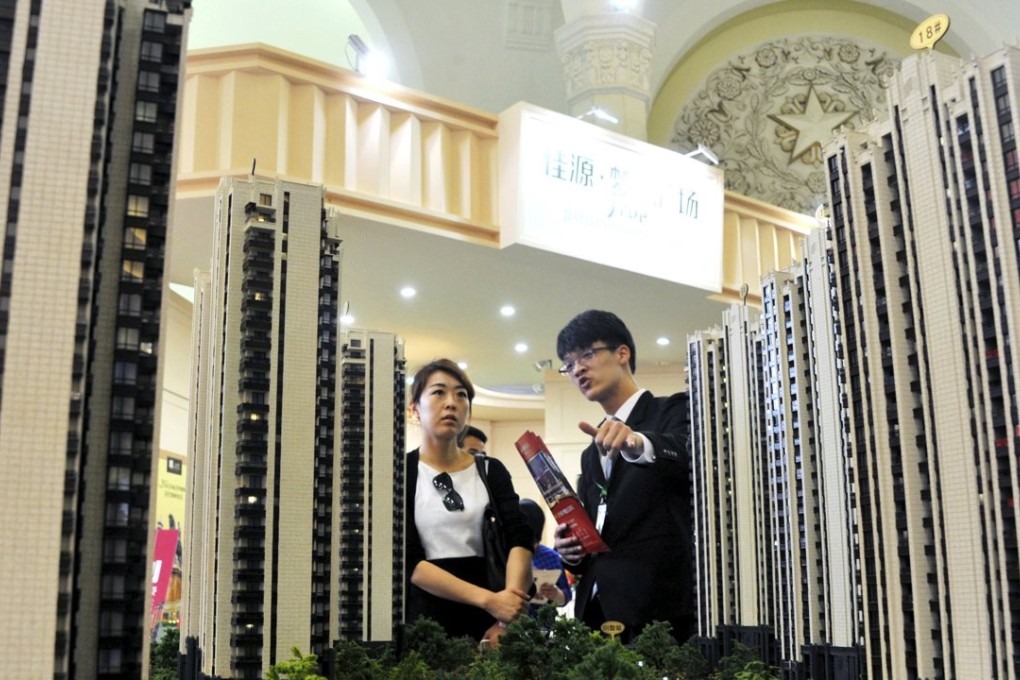New | Beijing’s conflicting housing policies seen fueling a potential property bubble
Credit is leaking into major cities, pushing up housing prices at an destabilising rate, analysts say

China’s top policy makers, gathered in Beijing for the National People’s Congress (NPC), pledged to tighten home buying restrictions in larger mainland cites as part of efforts to stabilise home prices, although the cooling measures were dismissed by property experts as unlikely to succeed in tamping down the red hot housing market.
In a separate move, Premier Li Keqiang announced plans to implement a value-added tax (VAT) to replace a business tax in the property and construction sectors from May 1, although few details on the new tariff were provided.
Surging home prices in first tier cities have been among the most talked about issues on the sidelines of the annual NPC meeting, which kicked off Saturday.
Chen Zhenggao, the country’s housing minister, said the central government is working closely with authorities in Beijing, Shanghai, Shenzhen and Guangzhou to introduce measures to help rein in the market.
These include enforcing housing purchase restrictions, using differentiated tax and credit policies, and clamping down on any illegal trading to stabilise market sentiment, Chen said.
Du Jinsong, head of Asia property research at Credit Suisse said the government has a difficult balancing act between its conflicting policy goals of spurring housing markets in smaller cities while attempting to cool things down in larger cities. Among the unintended consequences, credit appears to leaking into the housing market in first tier cities, stoking up prices in what many believe is an already overheated market.